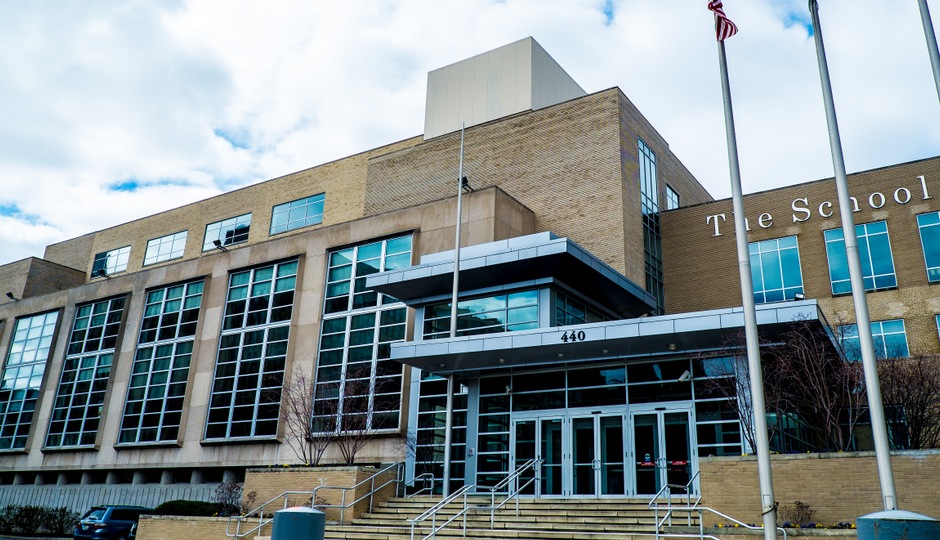This Report May Make You Look at the SRC Differently
Gov. Tom Wolf wants to shut down the School Reform Commission and return Philadelphia’s public schools to local control. Former Mayor Michael Nutter is also on board with the idea. And last year, city voters approved a non-binding referendum calling on the state to ditch the SRC.
Does the evidence show that is the best arrangement, though? The Pew Philadelphia Research Initiative compared Philadelphia’s setup with that of 15 other big-city school districts. The report laid out a few important findings that both advocates and critics of a proposed local board should keep in mind:
- Should Philadelphia’s school board be appointed or elected? Most are elected nationwide, Pew says. Whether under local or state control, Philadelphia has always had an appointed school board, the only one in Pennsylvania and a rarity nationwide. While opinion polls show that Philadelphians would prefer an elected board, as would Gov. Wolf, the report notes that critics say such boards often have difficulty making tough decisions.
- Should the city’s school board have taxing power? Again, most do. Of the 15 school districts Pew studied, only three did not have the power to impose taxes. Philadelphia’s SRC also lacks that ability.
- Should we be worried about governance at all? The conundrum for both the governor and education advocates is that no one form of governance is a clear winner when it comes to improving schools, according to Pew. “There is no consensus among researchers about whether any particular form of school governance — including state takeovers, mayoral control, or elected local boards — leads to better student performance or fiscal management,” wrote the report’s authors. “Experts say that too many other factors are involved, such as funding levels, the demographics of the student body, and the quality of leadership in state and city governments, in the school districts, and in individual schools.”
What is clear, according to Pew, is this: Clear and consistent accountability is the answer for the long-term stability schools need to improve. Researchers say a system that does not provide that, no matter who runs it, will not succeed.
You can read the full report below:
Governing Urban Schools in the Future: What’s Facing Philadelphia and Pennsylvania
Follow Sandy Smith on Twitter.
